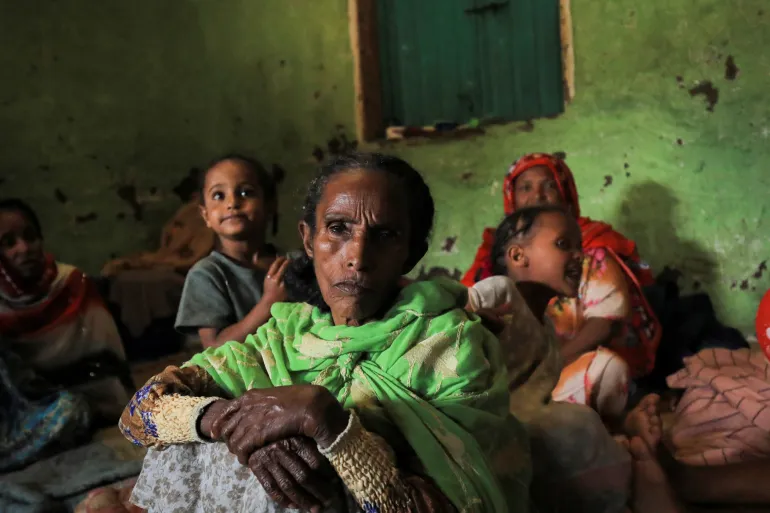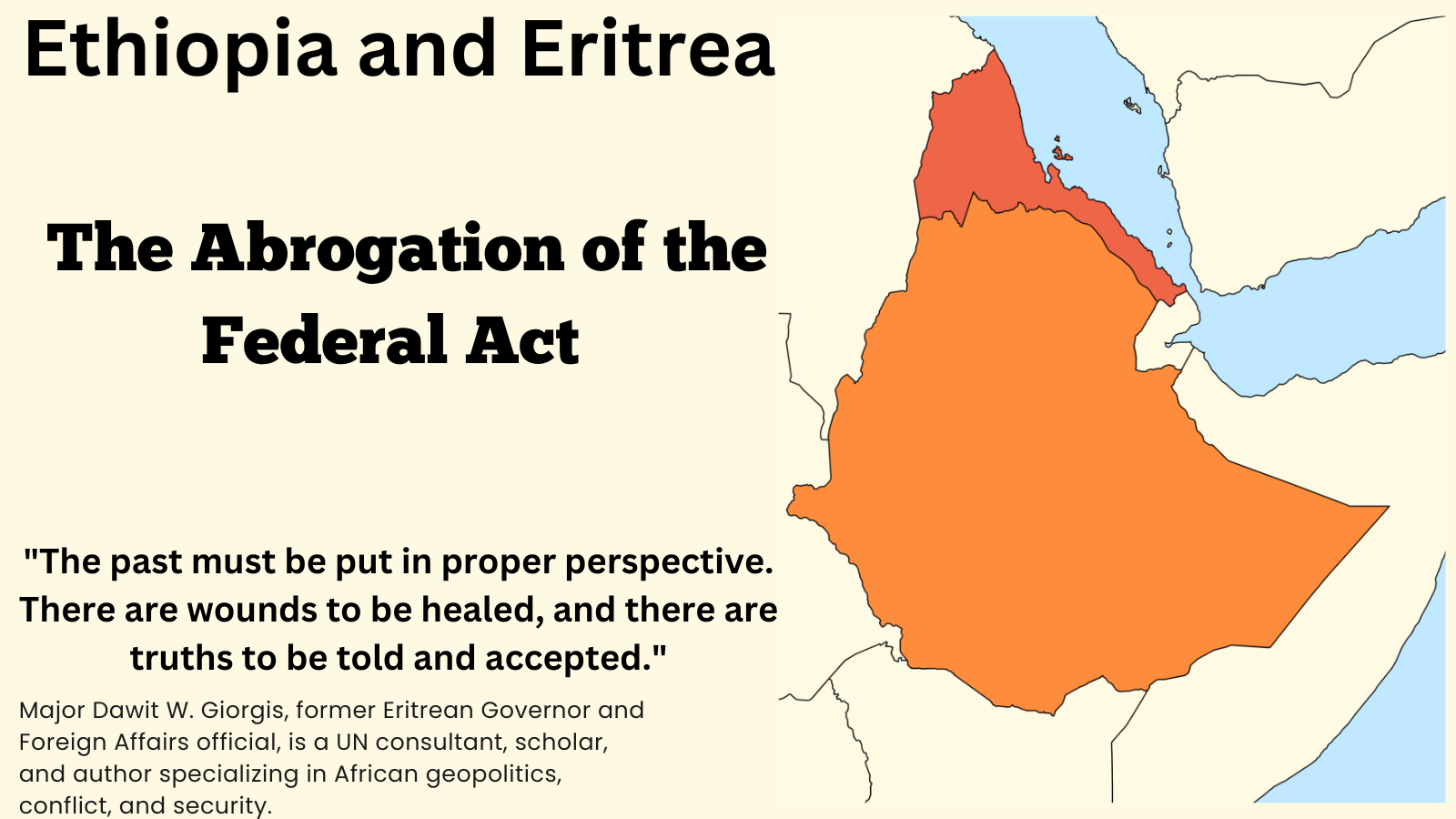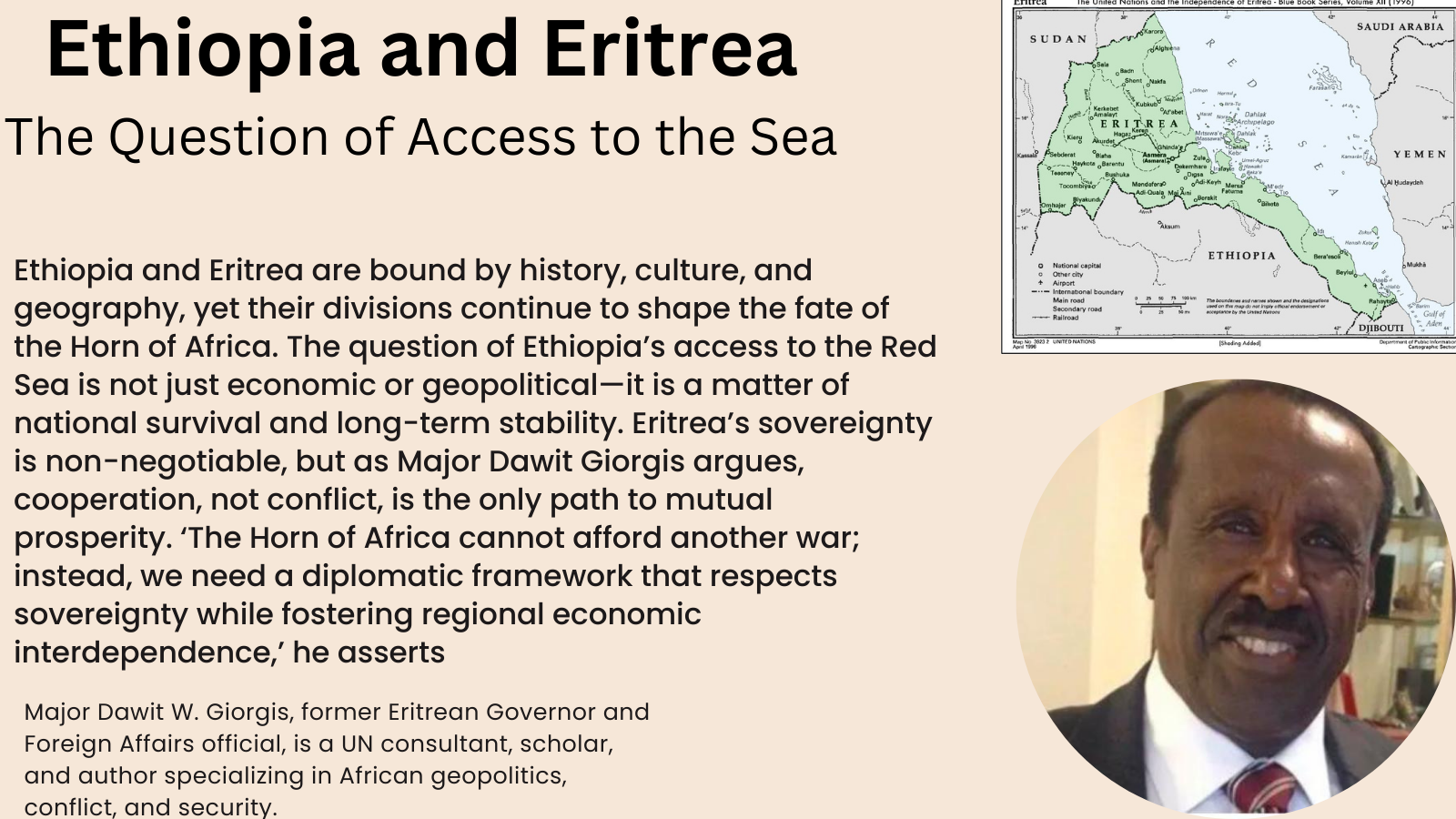Ethiopian Conflicts Lead to Rise in Rape and Violence Against Women

Violence against women remains a critical issue amid the ongoing conflicts in Ethiopia, with severe implications for survivors across the affected regions. In the Amhara region, the government’s battle against a year-old war has been tainted by troubling reports of sexual and gender-based violence allegedly committed by government security forces. The national human rights body has highlighted these abuses, though documenting the full extent of the violence remains difficult due to the inaccessibility of many conflict zones.
Rigbe Gebrehawaria, the federal commissioner for the rights of women, children, older persons, and people with disabilities, emphasized the challenges in conducting thorough documentation in the Amhara region.
She explained, “The population and the needs are not in line with our capacity and what we are able to do.” Despite these obstacles, Gebrehawaria fears that violence against women is worsening as conflicts intensify, with many incidents remaining unreported.
In addition to the ongoing issues in Amhara, sexual violence in the Tigray region has been reported as a deliberate strategy by both federal forces and their Eritrean allies. According to Amnesty International, this violence aimed to inflict “lasting physical and psychological damage on women and girls in Tigray.” The report underscores that survivors of sexual violence in Tigray have been left without adequate support, stating, “They must be able to access the services they need and are entitled to – including medical treatment, livelihood assistance, mental healthcare, and psychosocial support – which are essential aspects of a survivor-centered response.”
The TPLF (Tigray People’s Liberation Front) also committed atrocities against women during their occupation of parts of neighboring Amhara. Reports indicate that TPLF soldiers engaged in gang rapes and inflicted beatings and torture, with some assaults occurring in front of the victims’ children.
Women in these conflict areas face compounded suffering. Cultural stigmas related to a woman’s “purity” often silence survivors of sexual violence, forcing them into isolation while communities become desensitized to their plight. Additionally, women’s rights are being eroded indirectly as traditional practices such as female genital mutilation (FGM) resurface in areas where government oversight has weakened. Early marriages are also increasing in conflict and drought-affected regions, with families resorting to marrying off their daughters as a survival strategy.
In the Oromia region, where another anti-government insurgency has led to severe rights violations, some families are compelling women to marry their rapists, a practice seen as a socially acceptable form of reparation. This further complicates the pursuit of justice and reinforces harmful norms.
The ongoing conflicts and inadequate responses continue to undermine efforts to protect and support women, highlighting the urgent need for comprehensive intervention and support to address these critical issues.
Editorial Note:
For a detailed examination of the escalating violence against women amid Ethiopia’s conflicts, please refer to Maya Misikir’s report published on The New Humanitarian.
Source : https://www.thenewhumanitarian.org/news-feature/2024/08/07/ethiopia-conflicts-trigger-surge-rape-and-violence-against-women




